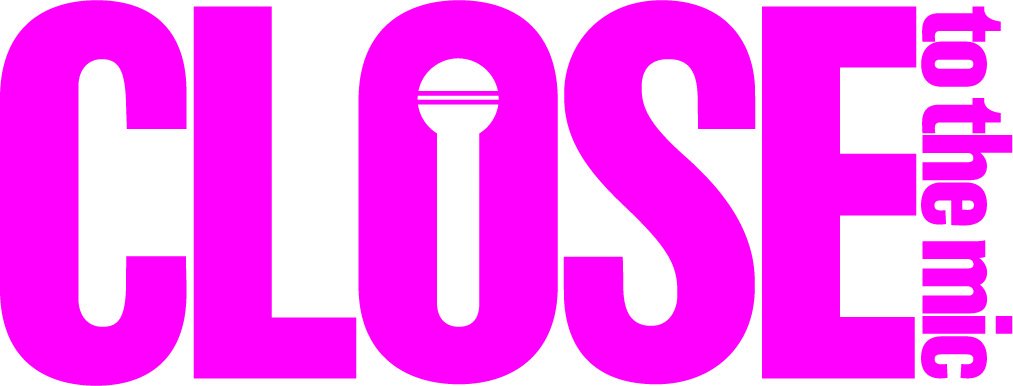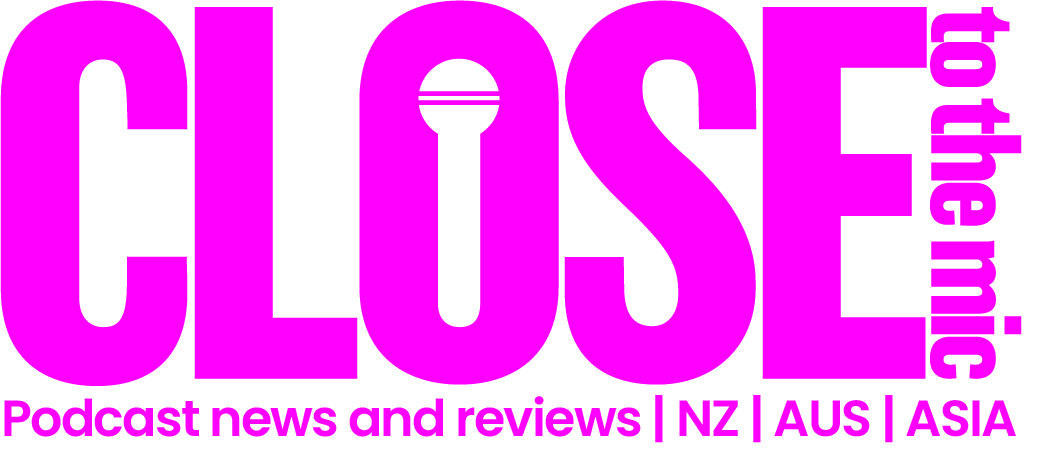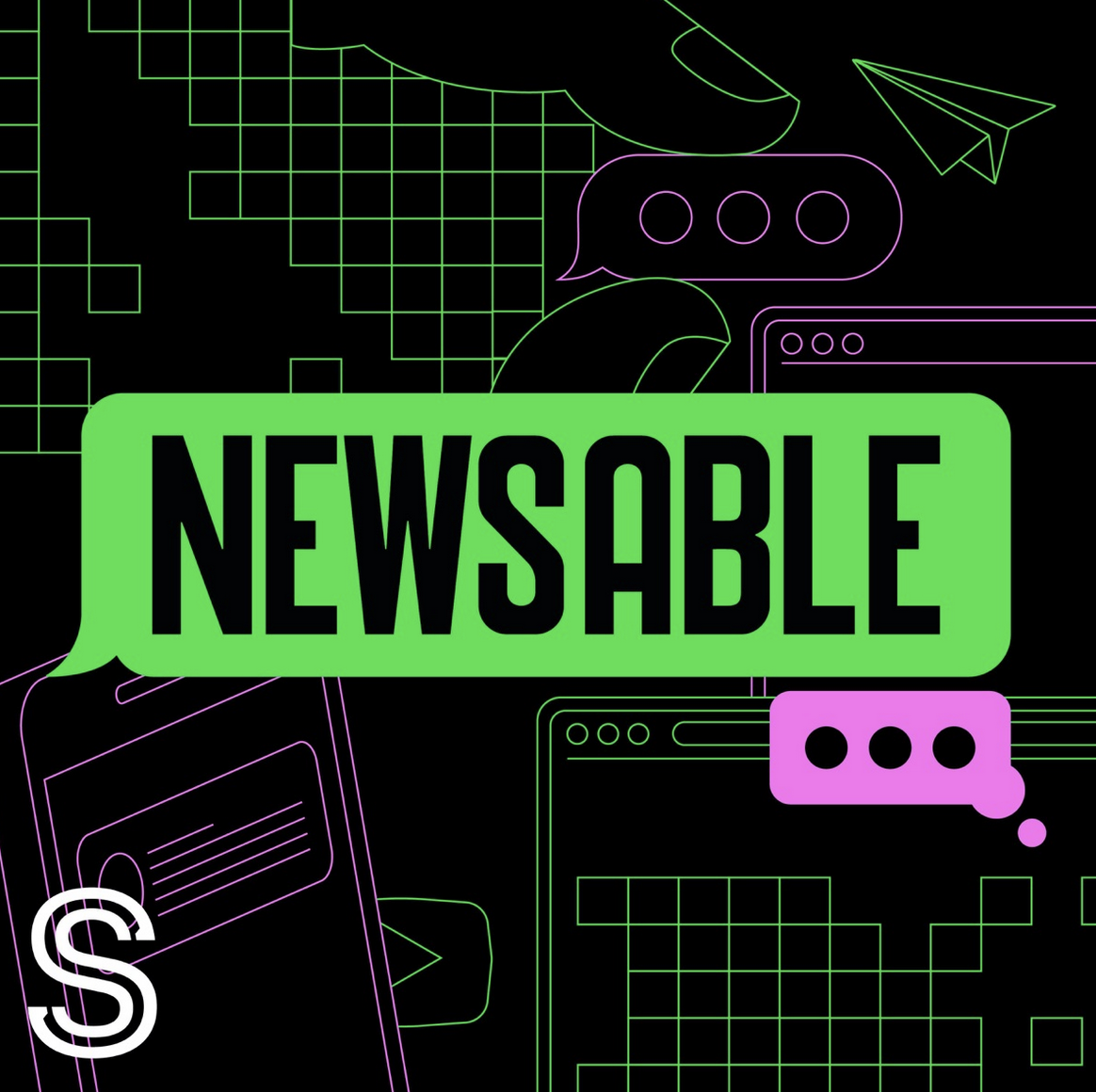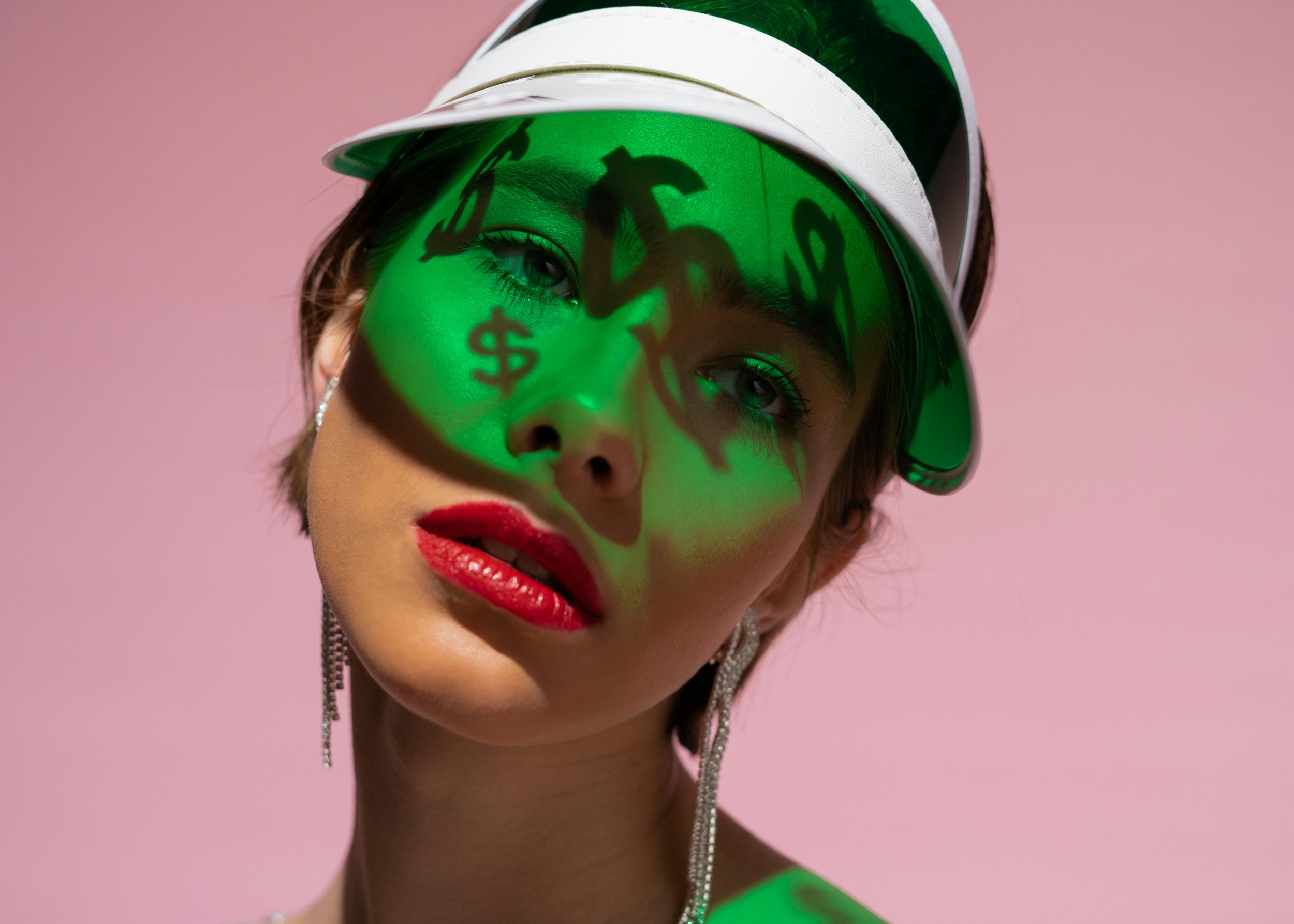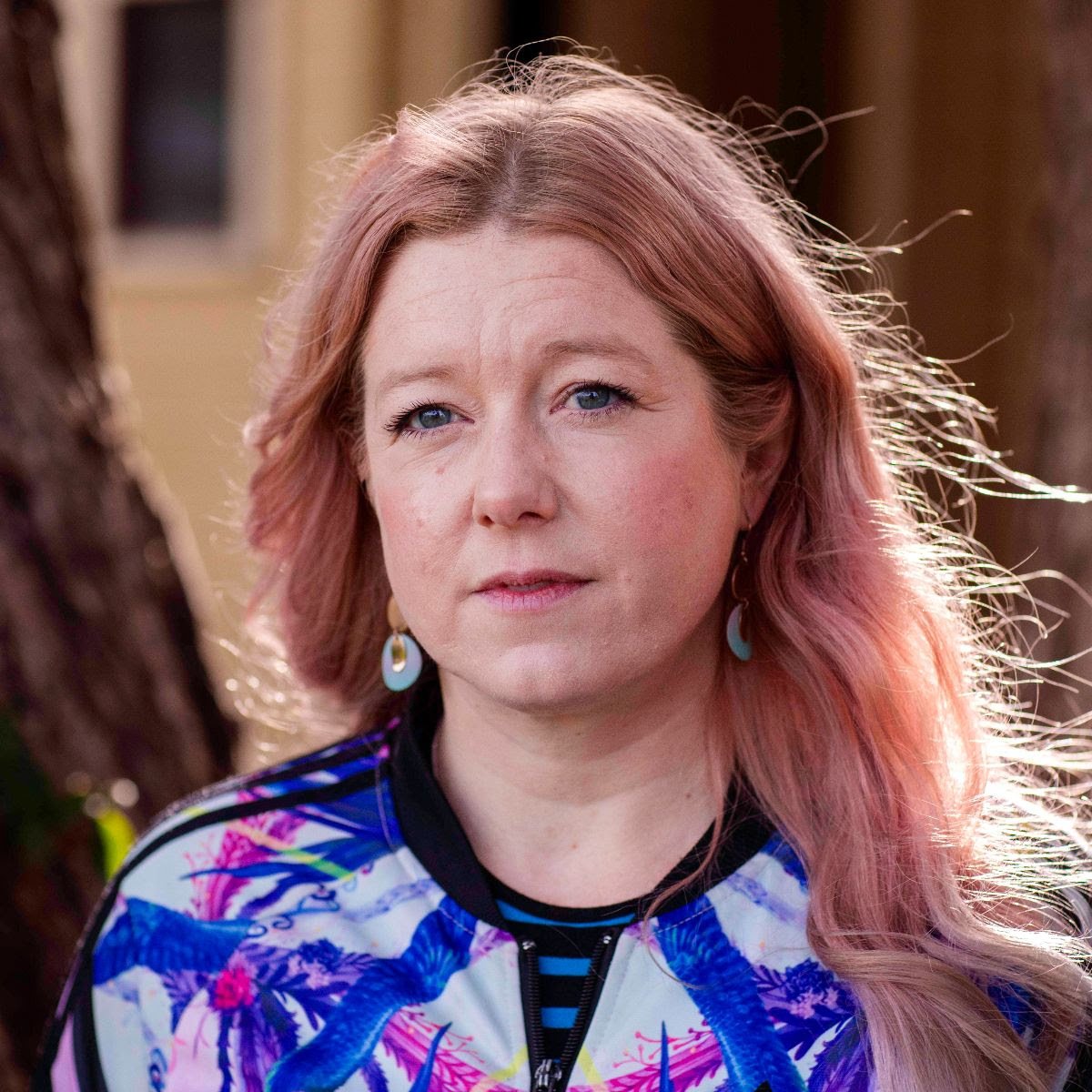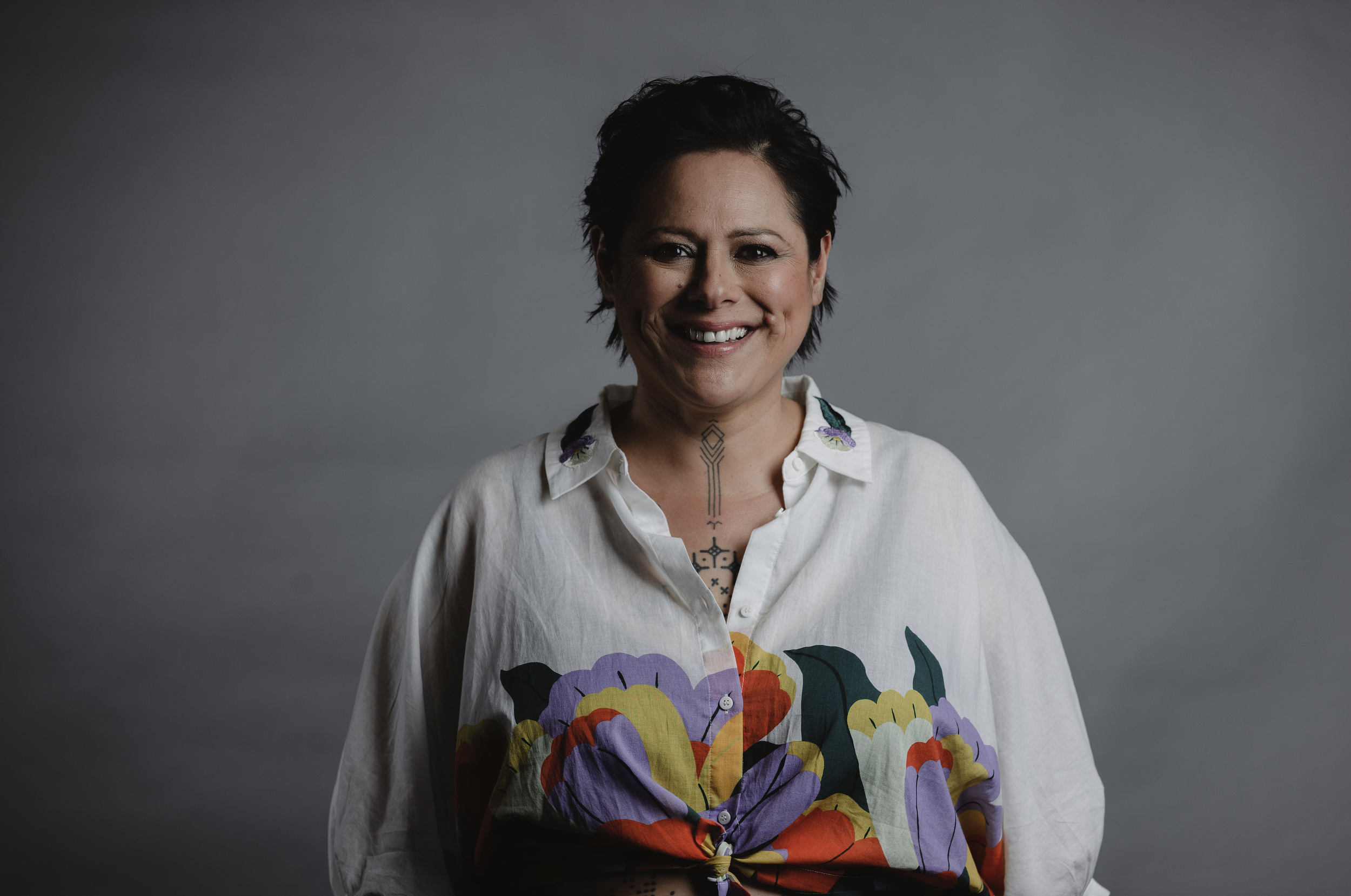Diverse Voices - Potent Triggers for Human Imagination
By Sonia Yee
Karen Appathurai Wiggins is Head of Content at Audible, Australia. Image supplied.
Listenership is changing and networks are becoming acutely aware of a need to cater to new audiences. But how are audio producers and media companies shifting the dial in a race to get ahead of the curve?
Much like SBS, Audible is committed to producing content that speaks to the complexities of the Australian experience - they have just released a new series, Desi Down Under, which is the first cross-cultural, Indian-Australian production released in dual languages - Hindi and English.
“We are increasingly developing series in multiple languages, and this affects how we plan production and casting,” says Karen Appathurai Wiggins, Head of Content, APAC, Audible.
Audible cast bi-lingual performers who could speak Hindi and English, and Appathurai Wiggins says the project from start to finish was approached through the lens of a global release.
“It is not enough to commission diverse work from diverse voices without this commitment to making the content itself accessible to a global audience,” Appathurai Wiggins says.
Desi Down Under was created by Indian-born, Australian-raised writer and producer, Mithila Gupta, and follows three friends on a life-changing adventure from India to Australia.
Gupta is most well-known for writing Stan’s 'Bump’ and Network 10’s ‘Five Bedrooms’. She is also a founding member of the Australian Writers’ Guild’s first-ever ‘Diversity and Inclusion Advisory Committee’ and is deeply passionate about diversifying the industry.
“The writer was inspired to speak directly to the heart of the Indian diaspora in Australia, as well as Indian youth leaving home for their first experiences abroad,” Appathurai Wiggins says.
Desi Down Under is a new series produced in dual languages - Hindi and English. Image supplied.
Appathurai Wiggins believes Australian content should be representative of the breadth of the Australian experience and says it’s important that a range of voices are reflected in entertainment programming.
“These new voices are potent triggers for human imagination and connection, “says Appathurai Wiggins who joined Audible in 2019.
A first-generation Australian of Sri Lankan descent, she says having the opportunity to champion historically underrepresented voices isn’t lost on her.
But curating the ‘right’ content is also about understanding that multiculturalism shouldn’t be the sole focus when thinking about diversity. Instead, the scope needs to encapsulate many layers of lived experience, and that is what makes each story unique.
“The industry at large must continue to advance the accessibility and discovery of diverse voices [and] we have an incredible opportunity in an entertainment landscape that is increasingly borderless,” she says.
Where podcasting is concerned, Appathurai Wiggins sees a future of endless possibilities for audio storytelling. For Audible, that means investing in innovation and technology to deliver more immersive experiences.
“We’ve already witnessed audio entertainment of all formats be a springboard for cinema and television. The category lends itself to the kind of immersive storytelling that is unbridled by production capabilities, costs and technological constraints.”
Appathurai Wiggins lists Dirty John, The Shrink Next Door, The Sandman, and Madhuri Shekhar’s, Evil Eye, as “incredible examples of stories that leapfrogged from big bold storytelling risks in audio to becoming international hits across formats”.
She says streaming audio gives people a chance to participate and have a voice.
Desi Down Under Trailer
Diverse voices transport listeners to new places
For listeners, being able to connect to a story via the cultural context can be equally as rich and compelling as it is for someone new to that culture. Appathurai Wiggins says in this instance, stories that touch on cultural identity can create an opportunity to be transported to a different world.
“The creator’s experience heightens one of the most special aspects of the medium itself – audio is innately a personal medium,” she says.
Audible is looking to make an impact in the podcast space through a delivery of content that focuses on often marginalised communities. In Australia, that includes building a First Nations catalogue.
Last year, the company commissioned a collection of audiobooks by First Nations authors, along with a collection of memoirs as part of its ‘My Story, My Voice’ initiative, which included Gomeroi/ Gamilaroi/Kamilaroi Yinarr creator, Dr Amy Thunig, disability advocate, Chloe Hayden, and queer and gender identity advocate, Deni Todorović.
In 2022, Audible Originals collaborated with Japanese feminist author, Meiko Kawakami, the writer of Breasts and Eggs to create Audible Original, Spring Scary Thing, which Appathurai Wiggins describes as “a powerful reflection on the pandemic”. Importantly, they are on a mission to collaborate with writers and creators from those relevant communities.
“Audible content can be a real agent for collaboration, community and change …. the intended impact is to provoke a much wider conversation in the culture at large,” Appathurai Wiggins says.
One of the challenges Audible is currently facing isn’t so much in the podcasting space, but casting actors for its audiobooks.
In order to address this, the company has set up ‘narrator development initiatives’ to build the diversity of Australia's narrator community. This will ensure future casting needs can be met for culturally sensitive productions.
“The community of experienced Australian audiobook narrators is still small, so casting requires cultural sensitivity, and finding experienced talent can be challenging,” says Appathurai Wiggins.
